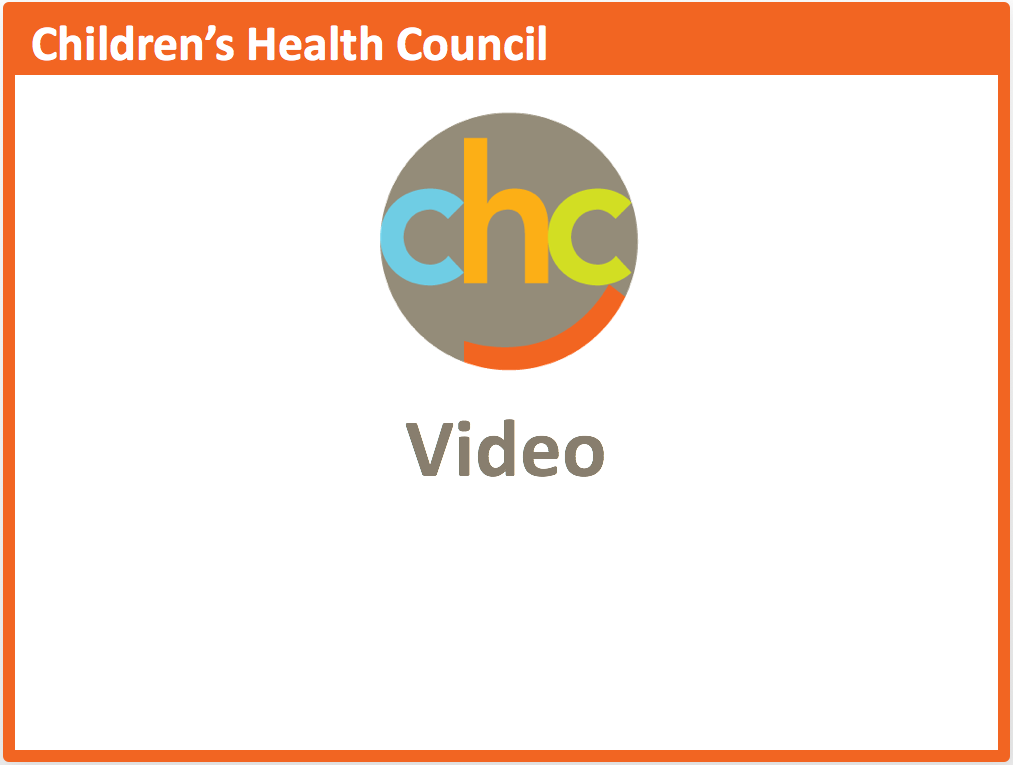 If you have ADHD, you’ve probably been told to look for a job that will accommodate your ADHD weaknesses.
If you have ADHD, you’ve probably been told to look for a job that will accommodate your ADHD weaknesses.
Many people have found careers they love that are different than those said to be “right” for someone with ADHD. You’re one of a kind. Having ADHD is only one facet to consider when choosing a career. You don’t belong in a box!
One thing I have found with people with ADHD is that they are consistently inconsistent and break the mold in all areas of their life. The unpredictable nature can lead to incredible surprises in their life and careers. Given the right resources and support, people are breaking many myths out there about the perfect job for someone with ADHD.
Breaking ADHD Myths
1. The myth of business ownership
An example I hear a lot: “All people with ADHD are creative and should own a business.”
Not true! But it is entirely possible.
While many people with ADHD are great idea generators, they often lack the organizational skills needed to sustain a successful business. Without the structures and systems in place to help run the day to day tasks, you may find it overwhelming to get the business actually started.
A good business coach who helps clients with ADHD can help you to create systems, processes, tools, and structures that will work with your strengths and ADHD qualities and keep you moving toward your goals.
2. The myth of detailed work
You may also have been told: “A job that has a lot of detailed work would not be a good fit for someone with ADHD.”
But yes, you can do detailed work—that interests you.
If you already know you can concentrate for long periods of time on something you find interesting, your ability to hyperfocus can help you excel.
The ability to hyperfocus on something that interests and stimulates you is a strength that can pay off and will provide clues to a rewarding job.
3. The myth of conquering your weaknesses to get hired
Advice given to many people with ADHD: “Identify your weaknesses, then work to improve them.”
Ignore that advice. Instead, develop your strengths and find ways to work around your weaknesses with support and systems in place. Not only will you feel happier, you’ll achieve more by focusing on your strengths.
4. The myth that people with ADHD don’t get things done
Technology can be your best friend. When a system is in place and a good routine is established, people with ADHD can achieve monumental tasks.
People with ADHD often tell me their main goals for self-improvement are time management, organization, and accountability. Technology is a tool that many of my clients rely on for day-to-day tasks. Once they find a system that works for them, their productivity soars.
5. A credible myth: ADHD can be a powerful gift
True! While ADHD brings a lot of weaknesses, it also brings intense emotions and highly focused areas of interest that I call “the power of ADHD.”
When you learn to view your ADHD as a powerful tool, you’ll open up many career possibilities you didn’t know were possible.
Explore the possibilities—no more holding back
Ditch those myths that are limiting beliefs and act on the ones that serve your journey to success.
Do not skip past careers that you would love, because you believe your ADHD means you can’t do them.
Become a success story of someone who stopped holding back from a career they loved and just went for it. Learn to use ADHD as a strength instead of feeling ashamed of the diagnosis. See where you go next in your career journey. It will change your life.
Excerpted from “Flipping the Script on ADHD: Find Your Strength in the Workplace and Dispel the Myths Along Your Path” in Attention magazine. Read the full article online on the CHADD website.







